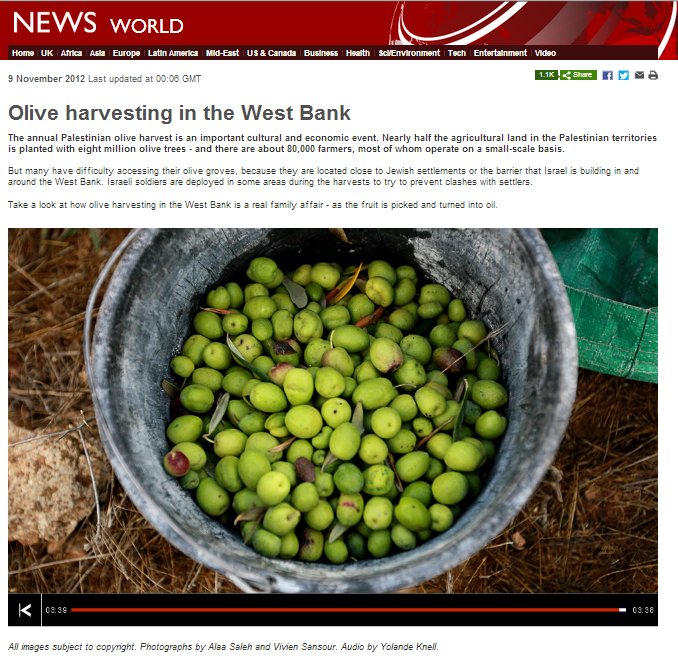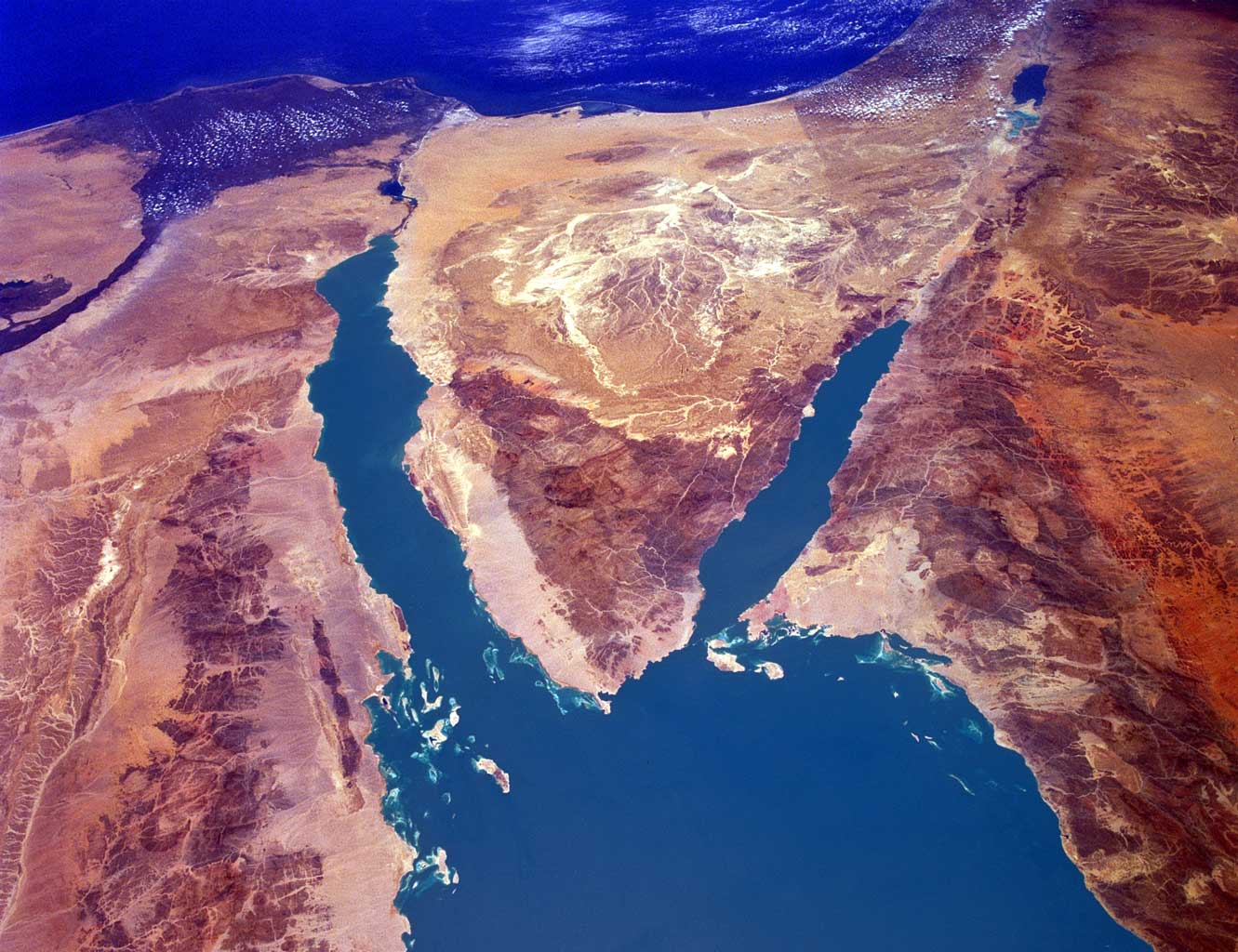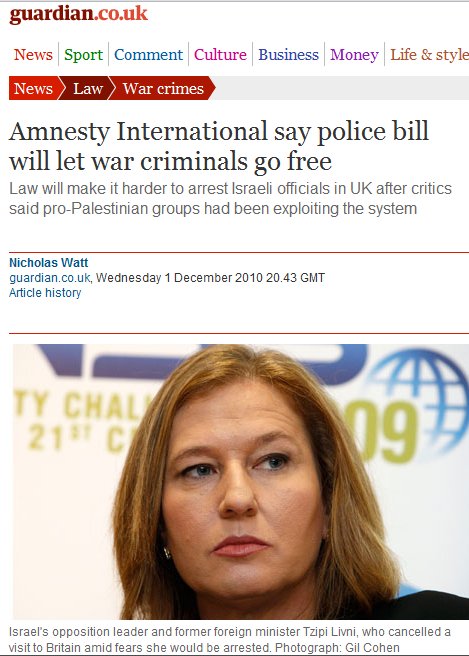Listeners to BBC Radio 4’s ‘Midnight News’ on May 30th heard the following short report (from 08:12 here):
Newsreader: “Officials say 70,000 Israelis have joined an annual flag march through Jerusalem’s Old City, some of them taunting Palestinians as they passed through the Muslim quarter. Palestinians responded by hurling objects from rooftops. Reports suggest that more than 70 people were injured. Our Middle East correspondent Yolande Knell followed the march.”
Knell: “[recording singing] For the huge crowd of young, nationalist Israelis here, Jerusalem Day – marking Israel’s capture of the eastern part of the city and its religious sites in the 1967 Middle East war – is always a time to celebrate. For Palestinians – who want East Jerusalem as the capital for their hoped-for future state – it’s a cause of anger and resentment. Adding to the feelings on both sides today was a decision by the Israeli authorities to allow the flag march to continue on its traditional route, entering the Old City through the main gate to the Muslim quarter. Last year Jerusalem Day was a trigger for a devastating eleven-day conflict between Israel and militants in Gaza.”
Unsurprisingly, that portrayal is similar to the BBC’s written account of the same story in that it fails to clarify that Jerusalem Day celebrates the reunification of the city and completely erases the obviously relevant topic of the 19-year illegal Jordanian occupation of parts of Jerusalem.
The last two sentences of Knell’s report clearly place the onus exclusively on Israel, blaming heightened “feelings” on “a decision by the Israeli authorities” concerning a route that is no different than usual and describing the annual event as “a trigger” for a war that in fact began when Hamas chose to fire missiles at Israel’s capital, while erasing the fact that the flag march was cancelled last year.
Absent from Knell’s report – and all other BBC coverage of Jerusalem Day – is the issue of opportunistic Palestinian incitement to violence ahead of Jerusalem Day 2022. A week before the event, Hamas’ Ismail Haniyeh was already issuing threats from Qatar.
““I want to clearly warn the enemy against committing these crimes and these steps. The Palestinian people, led by the resistance — especially those in the West Bank and Jerusalem — will not permit this Jewish, Talmudic rubbish to go unanswered,” said Haniyeh, speaking by video in front of a crowd in Gaza.
“Our decision is clear and unhesitating… We will resist with all our capabilities and we will not permit the violation of the Al-Aqsa Mosque or thuggery in the streets of Jerusalem,” said Haniyeh.”
The day before the event, Hamas and other terrorist organisations issued more threats:
“Former Hamas chief Khaled Mashaal said in a speech carried by Hamas-affiliated media on Saturday that Muslims across the world should “take to the streets tomorrow” in a “day of anger for Jerusalem.”
Palestinian Islamic Jihad spokesperson Daoud Shehab vowed that the march “will lead to a wide explosion at several levels, and the resistance is always fully ready to wage confrontations to defend our holy site.” […]
Mashaal […] said Saturday that Palestinians “must do a great deed so that they know that assaulting Al-Aqsa [Mosque] will make the heavens fall to the earth.”
“Aggression against Al-Aqsa and attempts to divide it will make the nation seethe with boundless rage,” he added.”
Other Palestinian factions, including a Palestinian Authority minister and the PFLP, added to the incitement, which was also rife on social media. Not only have BBC audiences been told nothing of that widespread incitement, they have also seen no explanation of its purpose for Hamas and additional regional actors.
While the BBC’s public purposes oblige it to “offer a range and depth of analysis and content not widely available from other United Kingdom news providers”, on events that are used by assorted Palestinian factions for opportunistic incitement, the BBC continues to present narrow and shallow reporting to its funding public.
Related Articles:
BBC’S JERUSALEM DAY REPORT ERASES JORDANIAN OCCUPATION YET AGAIN
BBC NEWS WEBSITE CONTINUES TO PROMOTE NARRATIVES ON ABU AKLEH DEATH






It would be nice to read or hear one word from the BBC in favour of the Israeli March on Jerusalem Day. But that is a forlorn hope – the BBC is firmly behind everything that Palestinians do – including murdering Israeli citizens.